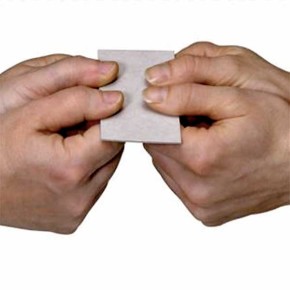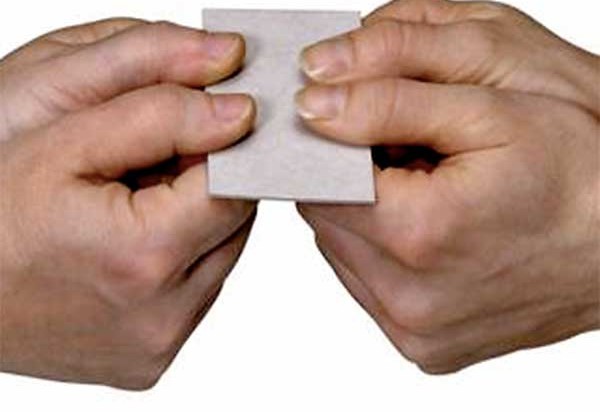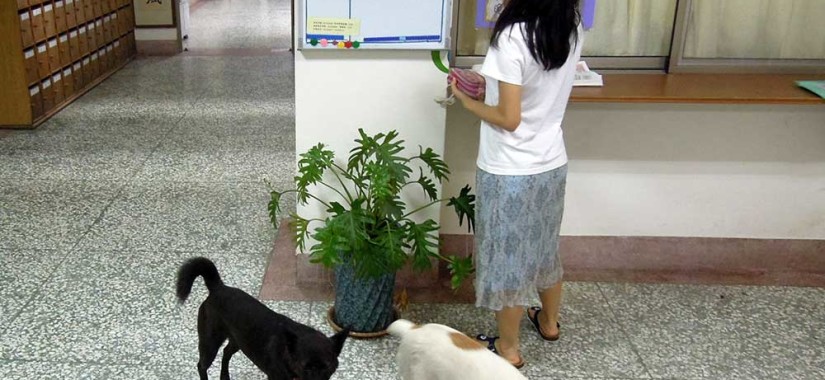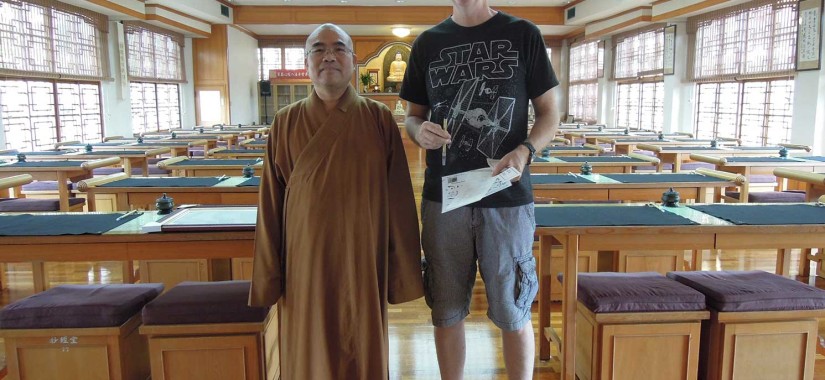Gift Giving Customs in Taiwan
 Giving gifts in any culture has a certain level of custom and tradition. In Asian cultures, where protocol and etiquette are the norm, it is far more important to be aware of local customs when trying to make a good impression, especially if you are giving a business related gift or attending a funeral
Giving gifts in any culture has a certain level of custom and tradition. In Asian cultures, where protocol and etiquette are the norm, it is far more important to be aware of local customs when trying to make a good impression, especially if you are giving a business related gift or attending a funeral
Business Gifts
Exchanging business gifts is popular in Taiwanese business culture. Be sure to take an assortment of gifts, so that you can have at least one for any occasion. This strategy will be particularly useful if you are unexpectedly presented with a gift. You may be presented with a gift during a first meeting. Ensure that you have gifts on hand so that you can reciprocate. Good gifts for a first trip include items featuring your company logo. Do not give a gift, however, that has been manufactured in Taiwan.
Gift Refusal
It is Chinese custom to decline a gift three times before accepting; this ritual prevents the recipient from appearing too acquisitive. In the face of these protestations, continue to insist. Once your gift is finally accepted, say that you are pleased. When you receive a gift, you will be expected to go through the same routine.
Give Gifts with Two Hands
A gift should be received in both hands, palms facing upwards. This includes business cards.
Opening Gifts
Gifts are not opened in front of the giver. Opening presents alone allows both the giver and recipient to ‘save face.’ There is a cultural belief that the giver and recipient may be embarrassed if the gift turns out to be a poor choice.
Reciprocal Gifts
It is customary to reciprocate a gift with one of similar value. Therefore, choose a gift that takes into account the recipient’s financial resources. The Taiwanese tend to give very generous presents and Western visitors should be prepared to reciprocate with gifts of the same value. Gifts of food are appreciated by the Chinese, but avoid bringing food gifts with you to a dinner party–unless it has been agreed upon beforehand. To bring food suggests that your host’s hospitality is inadequate. Instead, send food as a thank-you gift afterwards: candy or fruit baskets are safe choices.
At Chinese New Year, it is customary to give a gift of money in a red envelope to children and to the service personnel who frequently assist you. This gift is called ‘hong bao’–a government-mandated type of gift-giving that may be of importance to you if you are considered an employer in the country. Give only new bills in even numbers and even amounts. Many employers give each employee a ‘hong bao’ equal to one month’s salary.
Beware of Colors in Wrapping Gifts
Gifts and wrappings in red, pink, and yellow are happy, prosperous colors. Avoid using black or white gift wrap.
Gifts Involving Numbers (Like Flowers)
Be careful about the number of presents you give someone. The Taiwanese place great emphasis on numbers and their meanings. The following points highlight the meanings ascribed to certain numbers. Give an even number of flowers. An odd number of flowers will only be perceived as an omen of bad luck.
Numbers and their Symbolic Meaning
- 4: ‘Si’ sounds like the Chinese word for ‘death.’ Doing activities in fours or mentioning the number should be avoided.
- 6: ‘Liu’ (lee-oh) signifies the six Chinese elements, which include the wind, river, lightning, mountain, sun, and moon. This term is believed to have a lucky meaning, so it’s perfectly acceptable to give items in multiples of six.
- 8: ‘Ba’ sounds like ‘prosperity’ in Chinese, so it is a lucky number.
- 13: Just as in the West, this number is considered unlucky.
Appreciated Gifts
- items featuring your company logo
- imported liquor
- gold pens
- magazine subscriptions
- perfume
- anything “high-tech”
- anything related to baseball
Gifts to Avoid
- a gift made in Taiwan
- knives, scissors or cutting tools–they suggest the severing of a friendship or similar close bond.
Gifts to Avoid at Funerals
- gift wrap in white, black or blue
- clocks
- towels
- handkerchiefs
- straw sandals
Source: http://www.1worldglobalgifts.com/taiwangiftgivingetiquette.htm



